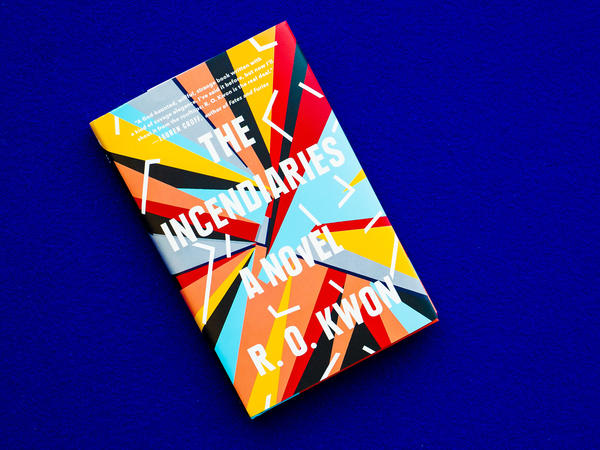
Kwon seems to breathe beautiful sentences onto the page. The story is told through a lens blurred by longing and loss, and every sentence is filled with it. To fill this hole Phoebe finds herself drawn to John Leal and Jejah, and much of the book consists of Will watching helplessly as she falls under Leal’s spell and Will’s fruitless attempts to wrestle her from Leal’s grasp. But Phoebe bears a hole of her own, a dark well tunneled out by the guilt and grief she feels at her mother’s death in a car crash in which Phoebe was the distracted driver. There he meets Phoebe, who quickly grows to fill the hole that God has left in Will’s life. In the wake of this breakup with God he comes to Edwards, the small Eastern liberal college where the novel takes place. As a devout Christian in high school he had a crisis of faith and abandoned his beliefs, his life’s purpose. Will is a reluctant apostate, floundering for meaning in his life.

He narrates from three alternating perspectives: his own, Phoebe’s, and that of John Leal, the charismatic leader of Jejah, and as a reader one must constantly remind oneself that everything being told is filtered through Will’s own needs and his own lack. But just as The Great Gatsby is as much about Nick Carraway as it is about Gatsby, The Incendiaries is as much about Will as it is about Phoebe, and his excavations reveal his own shadowy nature as much as they do hers. To do so he attempts to excavate her life, recounting his relationship with her in an endeavor to know her hidden self.


But Phoebe is the spectral mystery at the heart of the book, the girl the narrator has pledged to try and understand. Will is a nice young man, thoughtful and articulate. The book’s narrator is Will Kendall, Phoebe’s tortured boyfriend, who tells his story in retrospect, after Phoebe has committed an atrocity he can’t begin to come to grips with. Kwon’s luminous debut novel The Incendiarieswhere Phoebe Lin, the haunted young woman at the novel’s center, says: “longing should be allowed the chance to find its object.” Phoebe, a college student and follower of Jejah, an extremist Christian cult, is speaking of God here, but she also speaks to the central theme of the book: longing, birthed from loss, and how it shapes who we are and how we see the world.


 0 kommentar(er)
0 kommentar(er)
